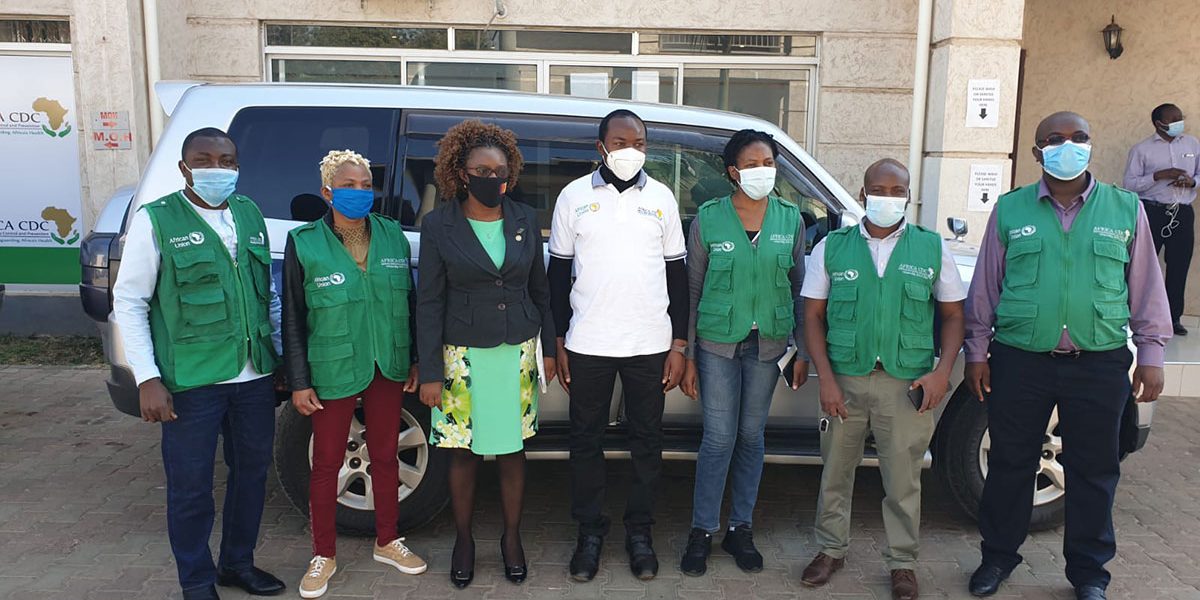Viral hepatitis is a silent and neglected killer in Africa. The burden of liver disease may dramatically increase in the near future in Africa, where screening and access to care and treatment are hampered by inadequate disease surveillance, lack of effective hepatitis control and elimination programmes in most countries, unavailability or inaccessibility of viral hepatitis diagnostic tests, insufficiency of well-trained health workers and underestimated needs for human and financial resources
Interventions to break the cycles of transmission for HBV and cure HCV are available but insufficiently implemented in Africa.
Although Africa has a substantial HBV and HCV disease burden, a detailed epidemiology and understanding of the disease burden is absent. A severe limitation in this respect is the scarcity of reliable prevalence data, and population-based studies and an estimate of the diagnosed and treated proportion of the population are therefore needed.
In July 2022, Africa CDC in partnership with the Korean International Cooperation Agency will launch the Hepatitis Prevention and Control Project in Africa initiative focused on reducing the disease burden of viral hepatitis and move from control to elimination of viral hepatitis in at least 5 countries in Africa by the end of 2024. Under this programme, activities will include identifying progress and problems of national hepatitis programs; assessing the disease burden of hepatitis; developing an action plan with clear goals and indicators; developing guidelines on screening, care including treatment and long-term follow-up, and prevention; establishing hepatitis sentinel surveillance network; and strengthening the ability of healthcare professionals to offer services to people living with HBV and/or HCV.

